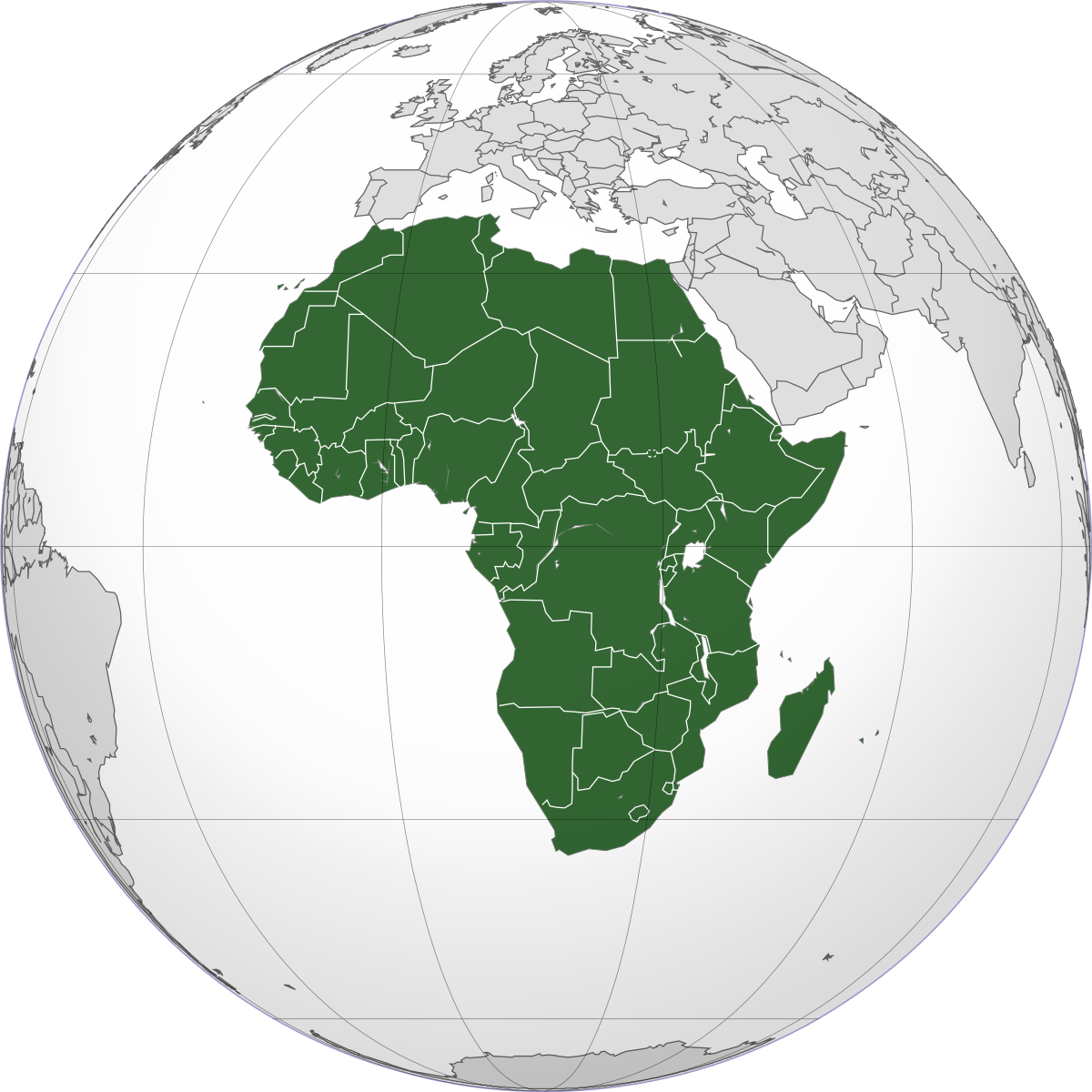Part 1 of 2 Parts
I have blogged about the countries with major space programs as well as a lot of private enterprises. Today, I am going to talk about space program in an area of the world that often gets much less attention than it deserves. Africa covers about twenty percent of the land on Earth. It contains roughly a quarter of the internationally recognized countries in the world. The population of Africa is about sixteen percent of the population of the Earth. And yet, the international mainstream media seems to pay much less attention than they should to this continent.
Many countries in Africa are hoping that the rising demand for connectivity can be satisfied by satellites. Fast changing data consumption patterns and the growing need to bridge the digital divide in land-locked African countries have been driving the demand for internet connectivity which has grown rapidly over the past two years. This growth in demand has been fueled by Covid-19 disruptions that have significantly changed the was that African consume data.
More than ever before, people across the world are working from home and a significant percentage of the population are taking online classes. A wave of innovation in the technology sector across the African continent has pushed up demand for internet connectivity. The African internet penetration rate is currently just thirty nine percent which means that over sixty percent of the African population has no access. These numbers were provided by Caroline Kamaitha who is the SES Networks African Vice President. She says that governments are now forging ahead to ensure that all of their citizens get the internet access that they need. She added that “Governments are taking a really huge step to ensure that their people in those different countries are able to get connectivity.”
Smart Africa Secretariat is a pan-African alliance of thirty two African countries. It has set a target to double broadband penetration. It has also made a commitment to cutting the cost of internet access in half by 2025 on non-terrestrial network (NTN) solutions. This means that satellite networks will be required to meet these commitments.
Over the past decade, there has been an increase in activities in the African space market. Governments and private sector players as well as foreign investors are ramping up efforts towards increasing satellite-based connectivity. Kamaitha said, “Each country has some sort of space program … we have as well countries across Africa that have gone and built their own satellites for their sovereign and commercial use.”
By April 2019, eight African countries including Kenya, Ghana, Morocco, Egypt, Algeria, Nigeria, South Africa and Angola had launched thirty-two national satellites into Earth orbit. This information was provided by the annual African Space Industry report for 2020.
Space in African is a media, analytics and consulting company. Their analysis indicates that African countries has spent over four and a half billion dollars on satellite projects with at least twenty one out of fifty-four African nations having a space program or they are in the process of creating a space program.
Please read Part 2 next
